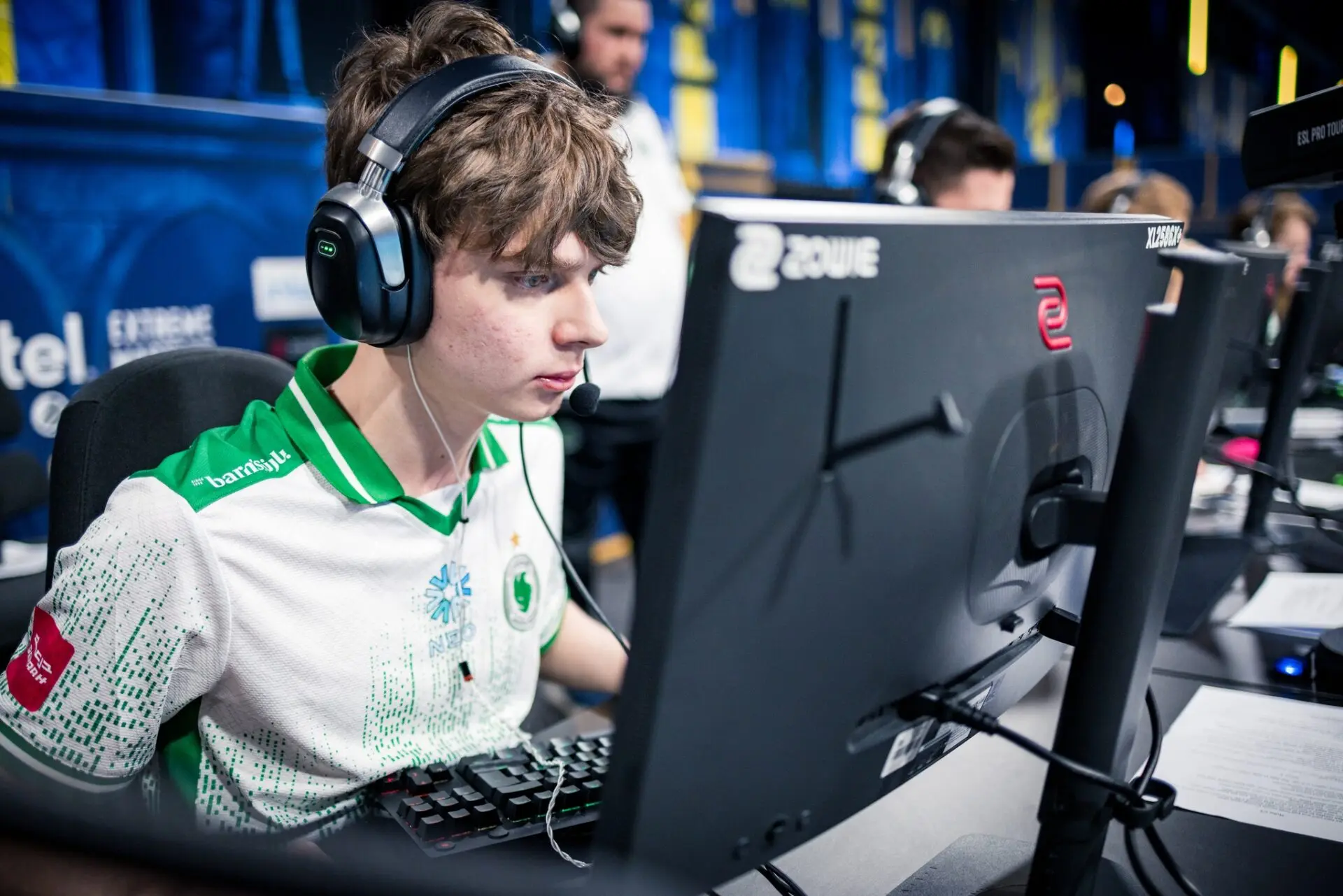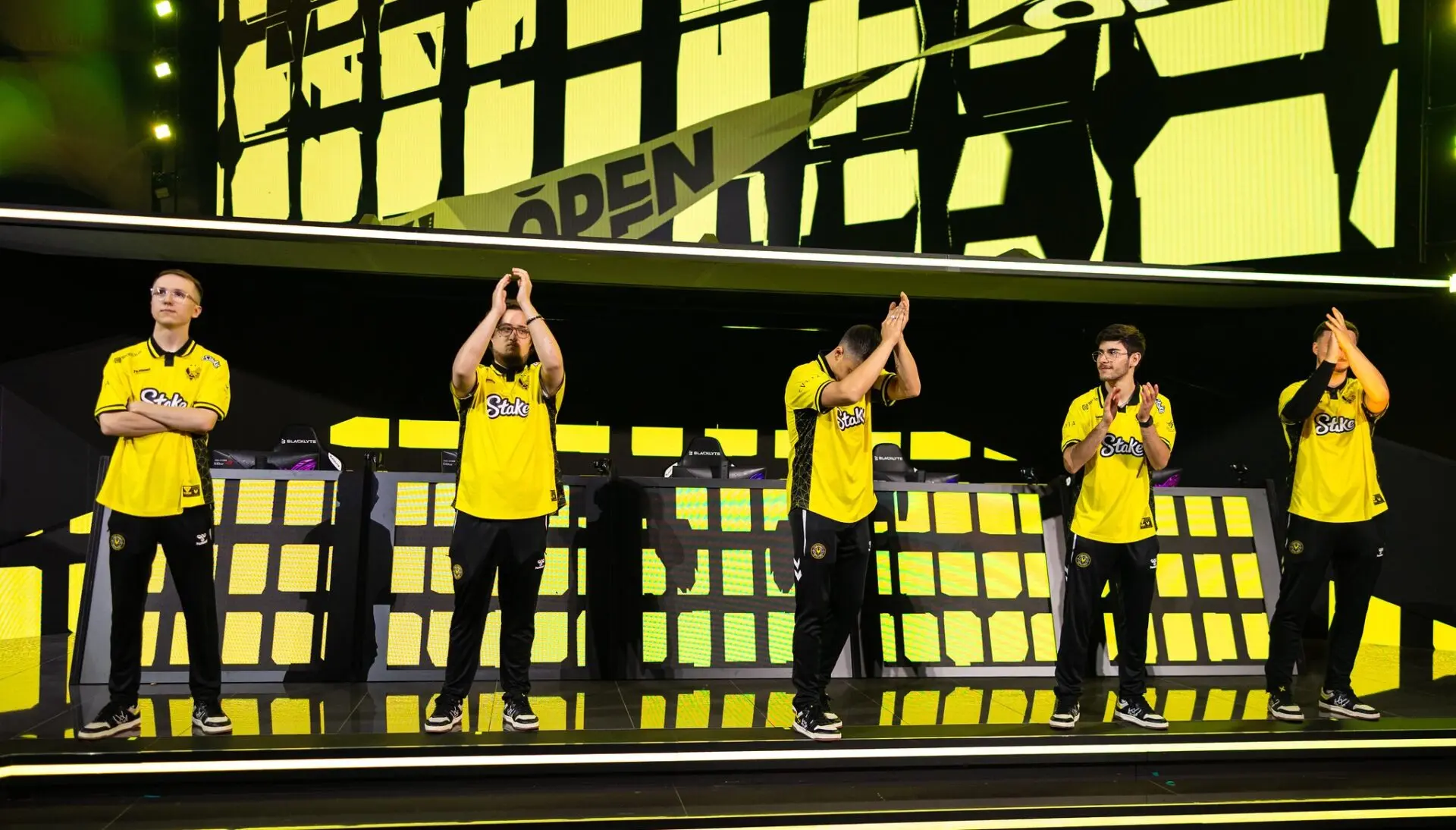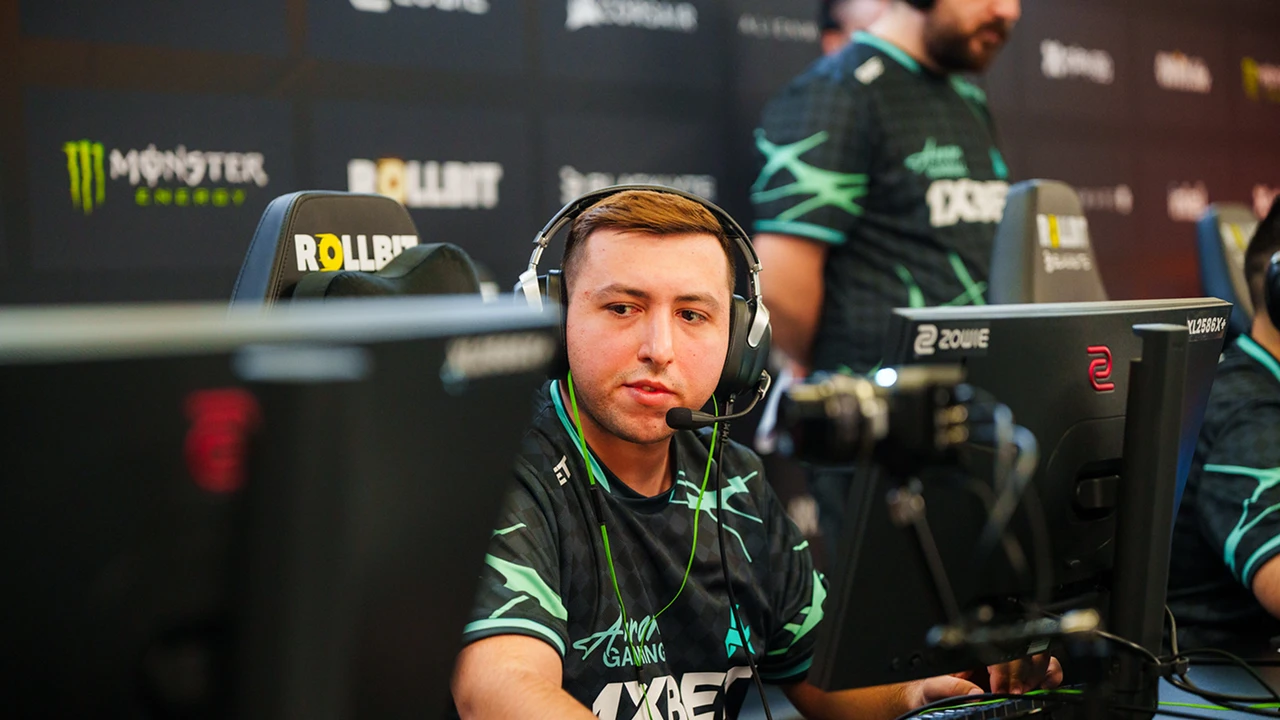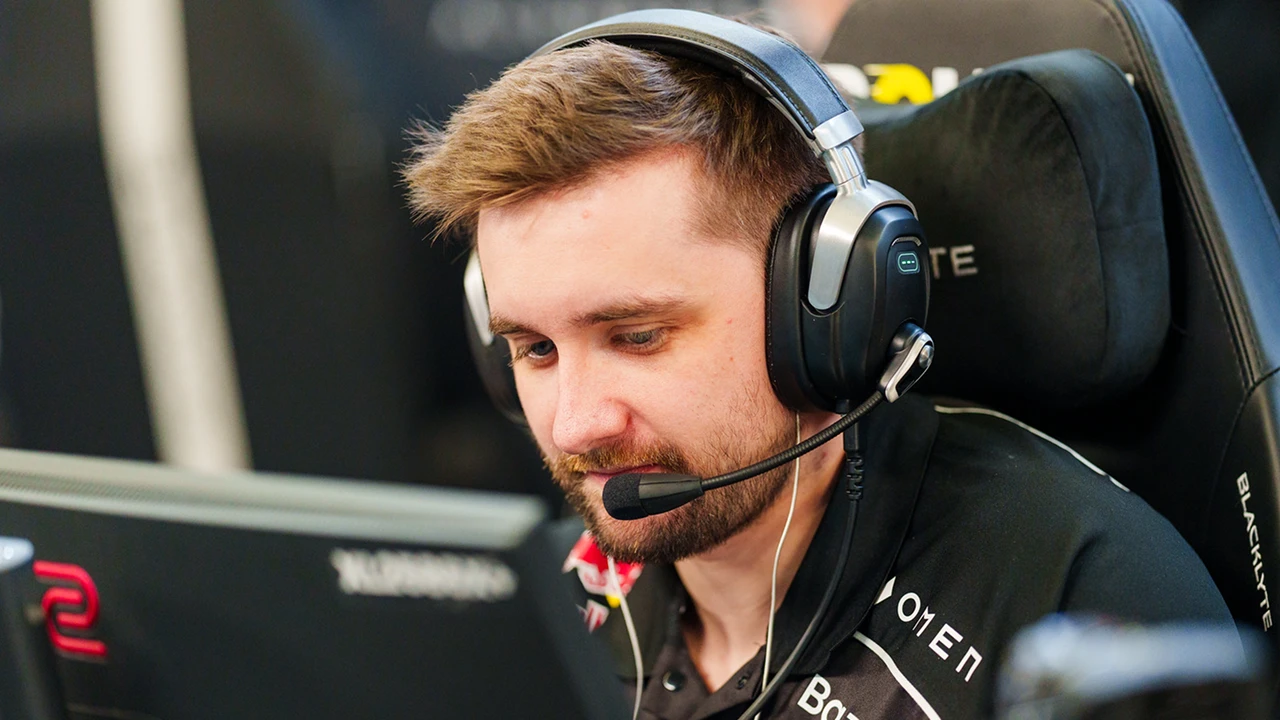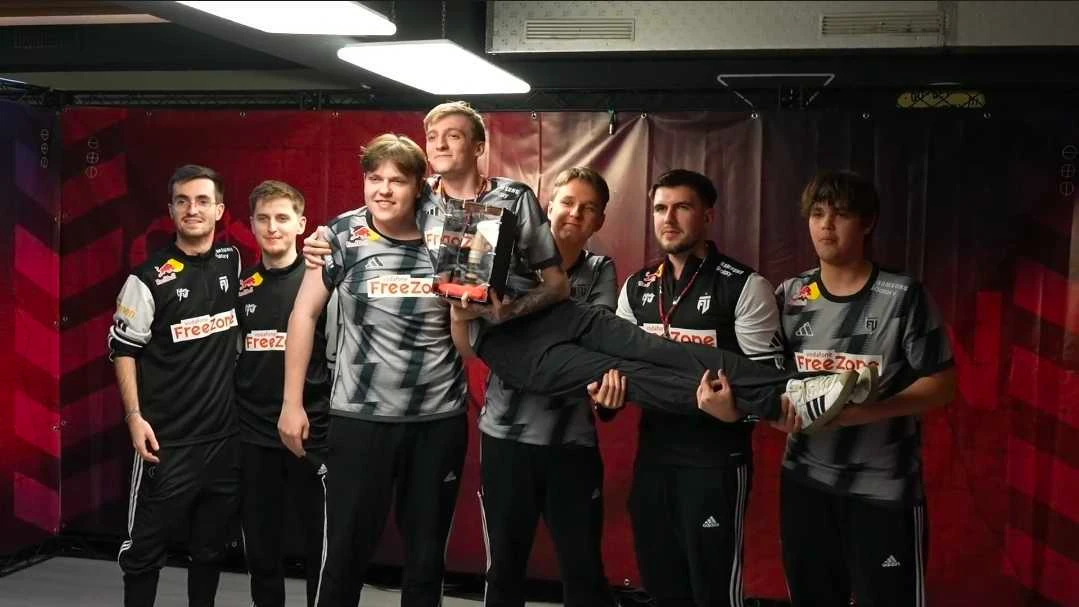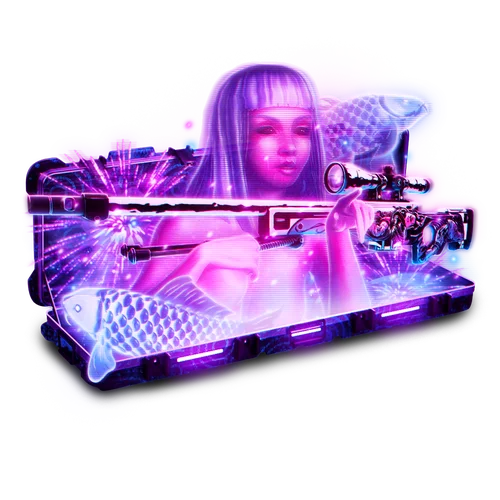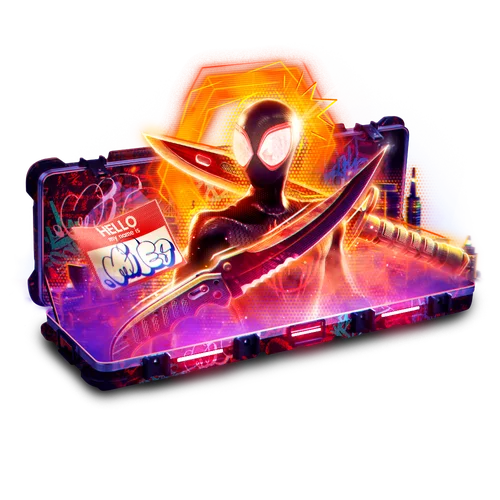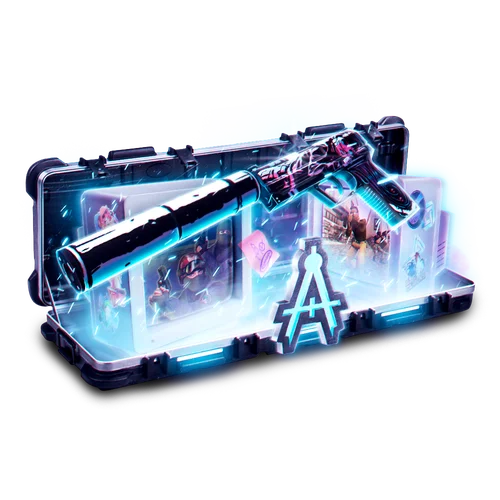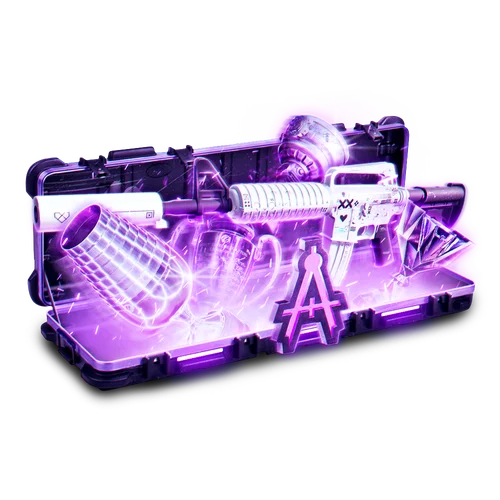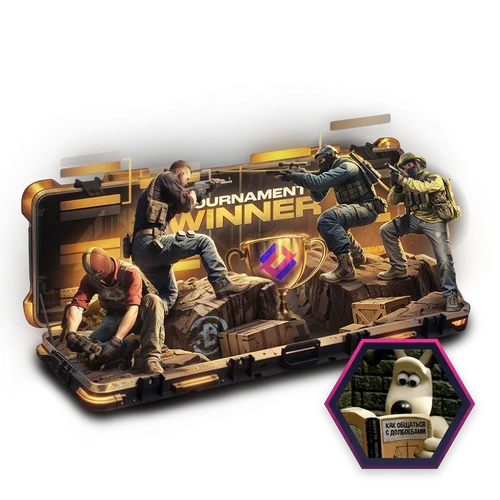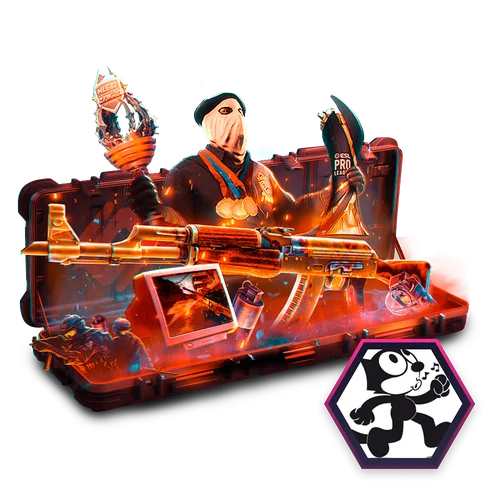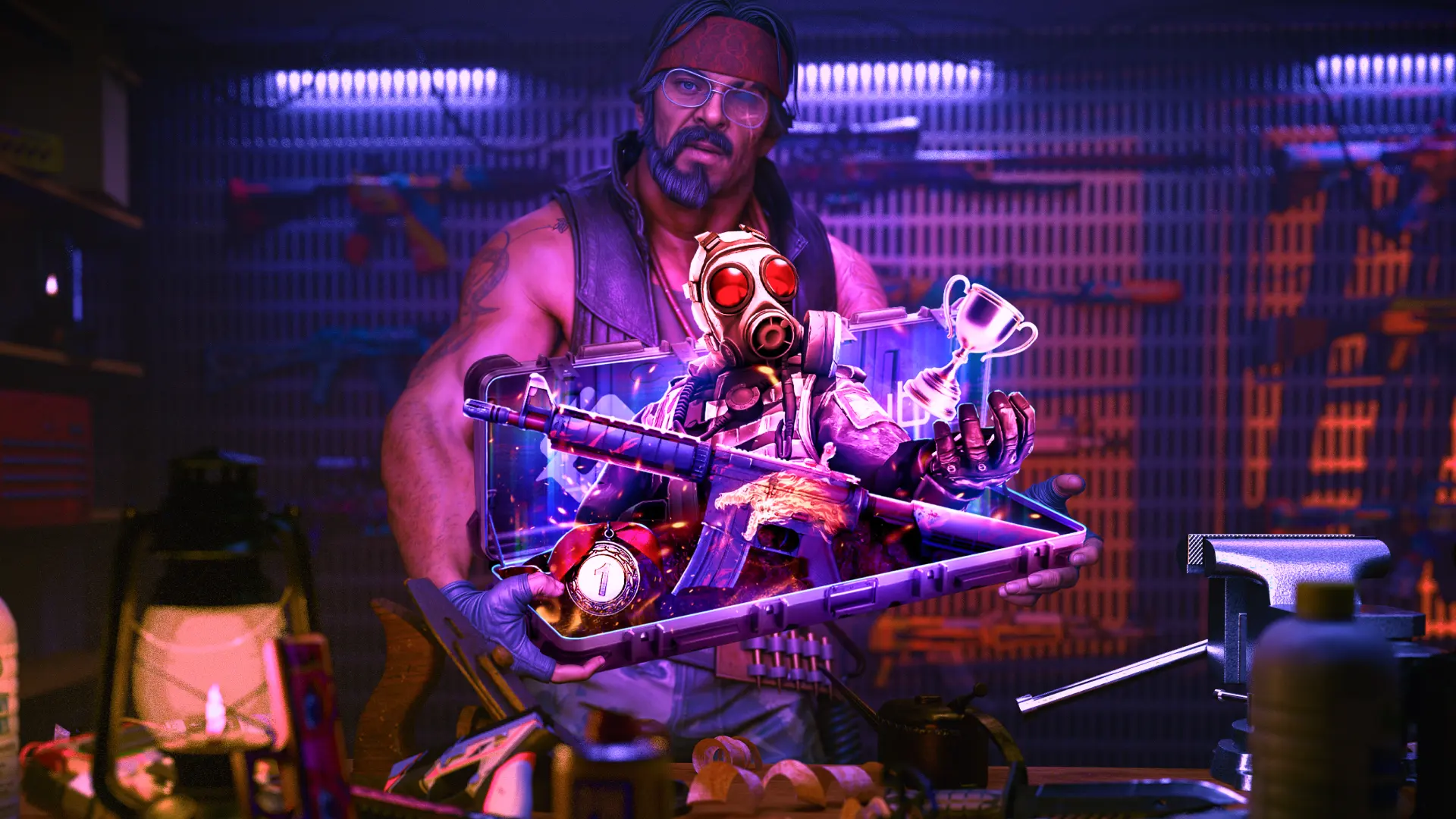After months of inconsistency, Team Spirit find themselves in an unexpected slump. The roster that once conquered the world at IEM Cologne 2025 now struggles to maintain its identity, chemistry, and stability.
And while systemic issues run deep, the player most under fire is Ivan “zweih” Gogin — the young rifler who replaced Boris “magixx” Vorobyev and has since become the symbol of Spirit’s downturn.
Statistical Decline
Zweih’s numbers tell a worrying story. Across the last four tournaments — IEM Chengdu 2025, ESL Pro League Season 22, BLAST Open London 2025, and Esports World Cup 2025 — he has averaged a 0.95 rating with consistently negative kill differentials. His KPR ranges between 0.57–0.61, DPR around 0.68–0.72, and his overall impact remains limited.
read more
At IEM Chengdu, he ended with a 0.67 rating versus Falcons, 0.63 against The MongolZ, and a single standout — 1.46 vs paiN — that looked more like an exception than a sign of improvement. For context, donk remains above 1.35, sh1ro around 1.20–1.25, and chopper near 1.00 — meaning zweih lags significantly behind the rest of the lineup.
The Downward Trend of the Entire Roster
The situation is not isolated to zweih — the entire Spirit lineup has seen a measurable statistical drop since the roster change. Almost every player’s rating has fallen since magixx’s departure and the arrival of zweih and tN1r.
- chopper dropped from 1.00 to 0.84 (–0.16)
- donk fell from 1.40 to 1.24 (–0.16)
- zont1x (before his break) decreased by 0.09
- sh1ro slightly improved — from 1.18 to 1.21 (+0.03)
The trend suggests deeper tactical and role-related issues within the team. Even Spirit’s core stars — donk and chopper — have declined, while zweih and tN1r haven’t yet delivered the balance or firepower expected from them. Both players have been adjusting to new roles that require structure and support rather than free fragging — and that adaptation clearly isn’t complete yet.
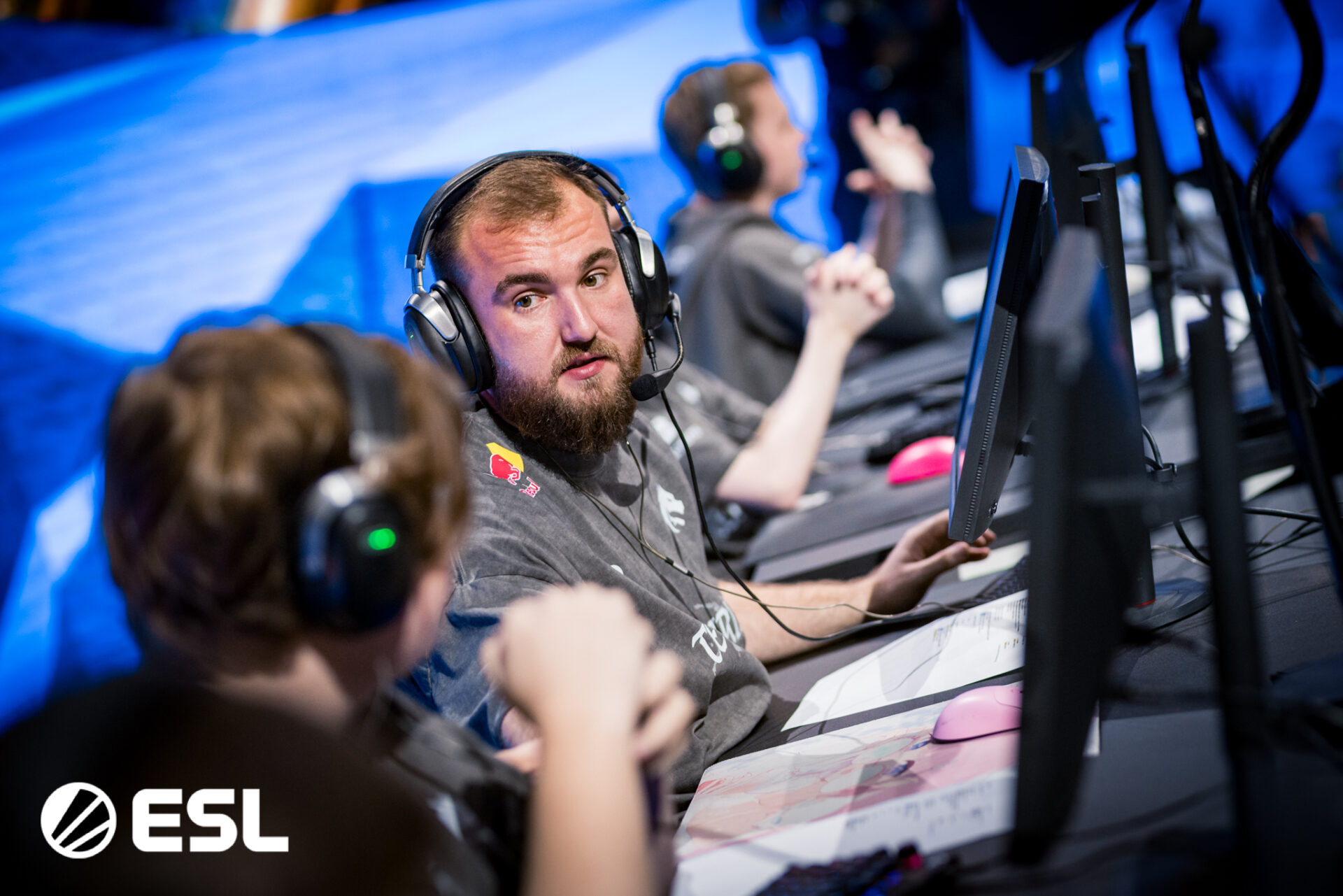
Why Spirit’s System Is Crumbling
Analysts note that Spirit’s decline isn’t just about one player — it’s about a system built on raw mechanics, not cohesion. The team often relies on donk’s individual brilliance, but lacks the tactical depth to win when he’s neutralized. Zweih was brought in to stabilize and support — instead, he’s struggled to find rhythm or synergy with the team’s calling.
Kane, now the CEO of Inner Circle, explained the situation sharply:
Spirit are a perfect example of how a so-called ‘dream roster’ can fail. The new players are technically gifted, but they joined positions where helping and enabling matter more than fragging. And right now, it’s clear — everyone wants to play the piano, but no one wants to carry it.
Growing Backlash
Public sentiment toward zweih has reached a breaking point. After another disappointing showing at IEM Chengdu, he faced a surge of online criticism, with fans questioning whether he belongs in a top-tier team. The backlash became so intense that zweih closed the comment sections on his personal social media, following waves of negativity directed at him. For a player still adapting to the elite level, that kind of pressure can quickly turn destructive.
read more
The zweih + tN1R Problem: Firepower Without Function
When tN1R joined Spirit in September 2025 to replace zont1x, the move looked like a pure upgrade on paper. Coming from Heroic with a 1.19 rating and exceptional aim stats, he brought higher headshot accuracy and more raw firepower. Alongside zweih, Spirit suddenly had one of the most dangerous rifle duos in the world — at least statistically. Their collective firepower score jumped from 296 to 340, surpassing even Vitality’s.
But in practice, the combination backfired. Both players need space and initiative to shine, yet Spirit already had donk and sh1ro in similar frag-heavy roles. The result was structural chaos. Instead of synergy, Spirit got role overlap — four players wanting to make the opening kill and only chopper trying to coordinate them. Firepower went up, but execution collapsed.
Since the roster change, every player’s stats have dropped. tN1R’s rating fell from 1.19 to 0.99, and zweih’s never rose above 0.95. The team failed to reach playoffs for the first time since IEM Cologne 2024, marking a new low for an organization that once dominated the tier-one scene. What was meant to be a “firepower era” turned into Spirit’s most dysfunctional stretch in years.
Beyond One Player
Zweih’s form is a symptom of larger, systemic issues within Spirit. The team has become overly dependent on donk, whose individual excellence can’t mask structural weaknesses forever. When he performs, Spirit look unstoppable; when he falters, the team collapses. That imbalance exposes the lack of reliable secondary impact players.
At the same time, chopper’s calling has grown predictable. Teams like MOUZ and Falcons have repeatedly punished Spirit’s linear T-side approaches, knowing exactly how they open rounds. The lack of mid-round improvisation makes their playbook feel static — and their adaptation, painfully slow.
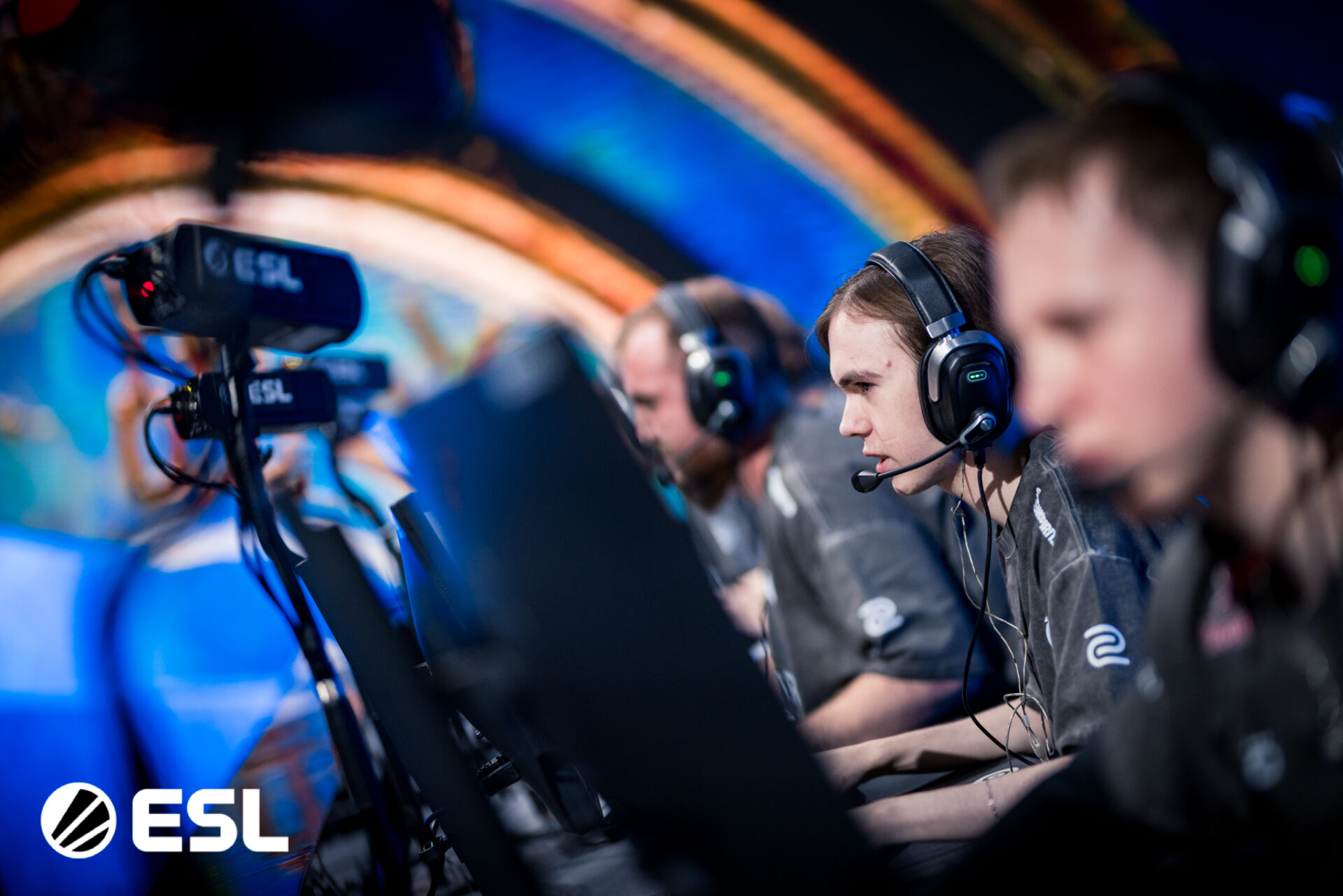
Finally, the chemistry is fading. The loss of magixx and temporary benching of zont1x disrupted the emotional and tactical balance of the team. The current lineup often looks fatigued — not just physically, but mentally — showing frustration and detachment even in mid-game moments.
Where Spirit Go From Here
With the StarLadder Major Budapest 2025 approaching, Spirit are at a crossroads. Zweih’s future in the lineup remains uncertain: zont1x has announced plans to return after the Major, and magixx still sits on the bench as a potential replacement. Until then, Spirit must either rediscover their structure with the current five — or accept that their “dream roster” needs another rebuild before it breaks completely.





























